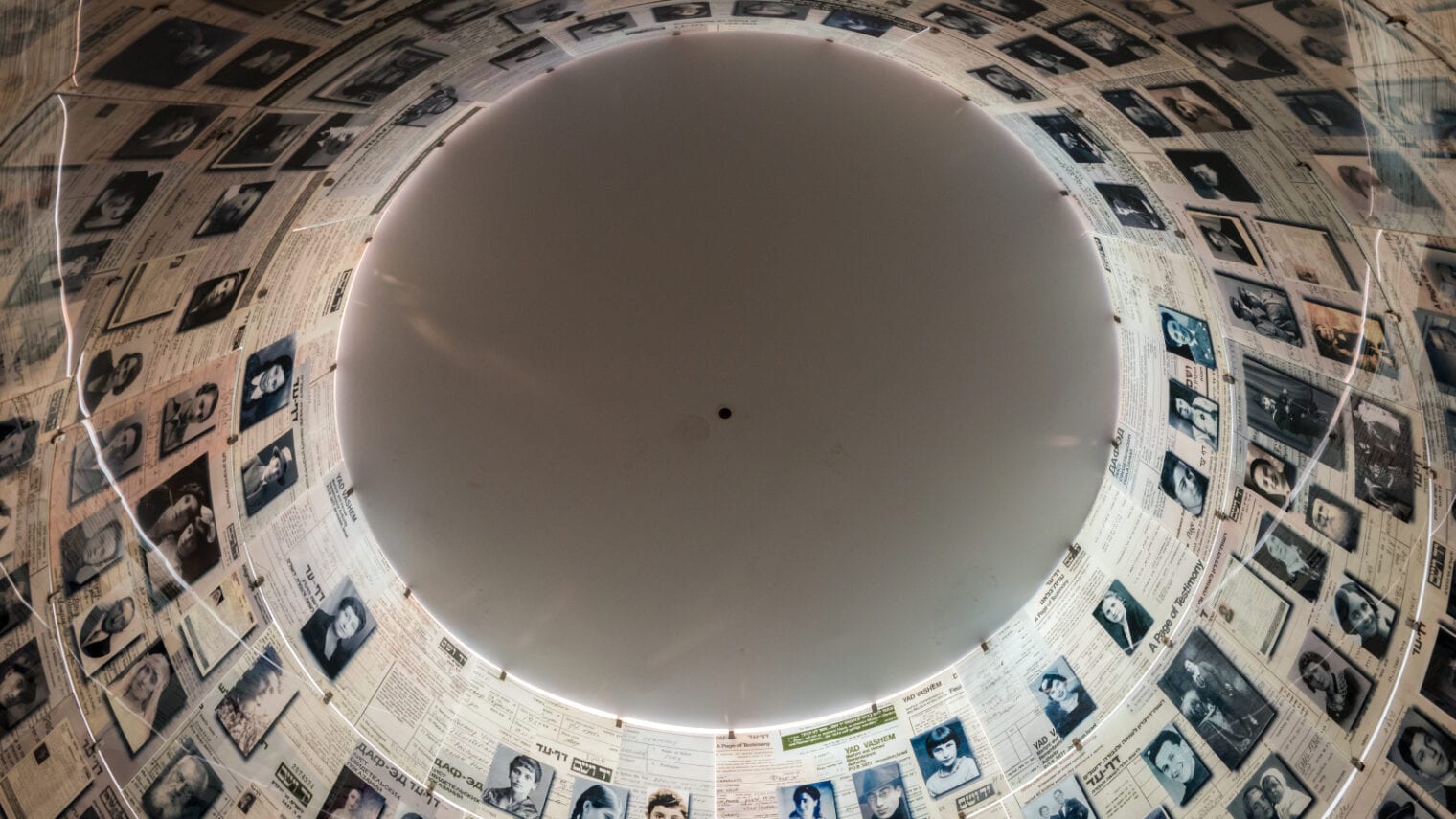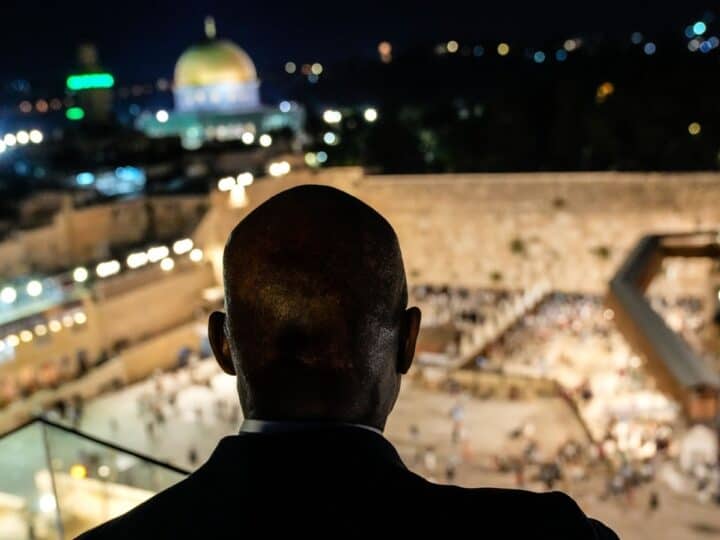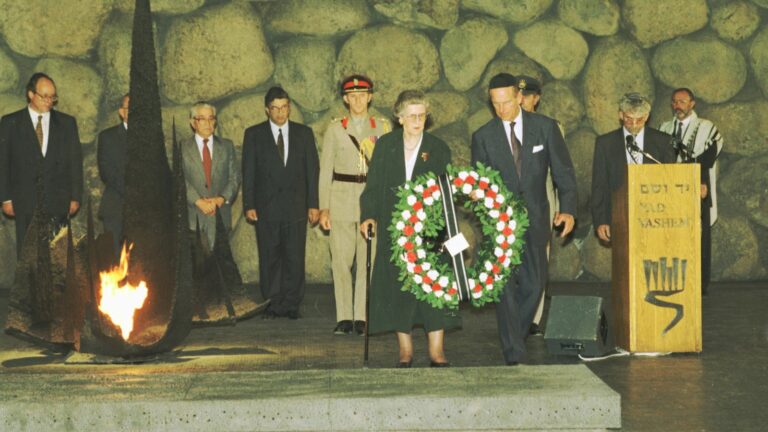Antisemitism has surged globally, with the Anti Defamation League (ADL) reporting historic levels in the United States. The ADL recorded a 103 percent rise in incidents in 2023 compared to 2022, including an increase in assaults and vandalism. New York and Los Angeles saw notable upsurges in anti-Jewish hate crimes.
Other countries also witnessed dramatic spikes: France saw incidents jump by 284%, the UK by 146%, and Germany 36%. South America, particularly Brazil, and Australia also experienced significant increases.
Most countries with large Jewish populations saw rising antisemitism throughout 2023, with exceptions like Germany and Austria due to anti-discrimination programs.
“The aftermath of Hamas’s horrific attack on Israel on October 7th was followed by a tsunami of hate against Jewish communities worldwide,” said ADL CEO and national director Jonathan Greenblatt.
Part of that antisemitism has manifested in the form of denial of the Holocaust as well as Hamas’ October 7 attack over the Gaza border.
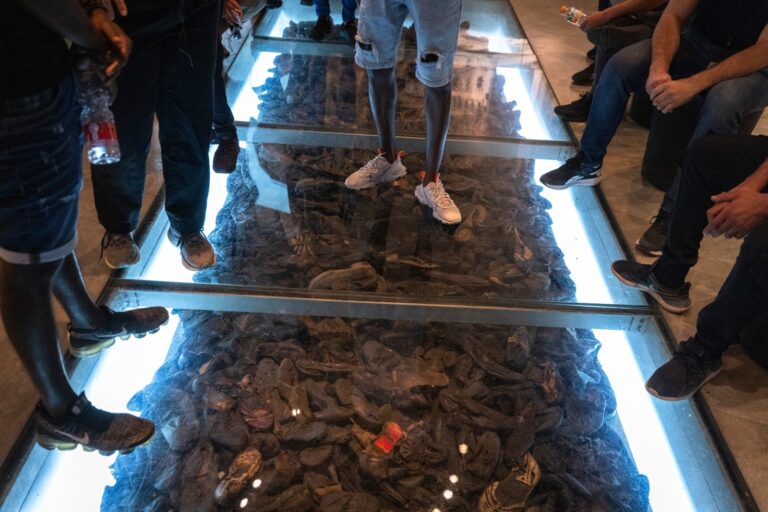
US President Joe Biden stated during a Holocaust memorial service on May 7 that “As Jews around the world still cope with the atrocity and trauma of that day and its aftermath, we’ve seen a ferocious surge of antisemitism in America and around the world.”
A need for memorial institutions
Amidst this concerning surge in global antisemitism, institutions like Jerusalem-based Yad Vashem, the world’s preeminent Holocaust museum, play a pivotal role in educating and raising awareness about past genocides.
Yad Vashem World Holocaust Remembrance Center is Israel’s official memorial to the victims of the Holocaust.
It was established in 1953 with the founding mission to preserve the memory and legacy of the approximately six million Jews murdered during the Holocaust and to educate the world about the atrocities committed during that period.
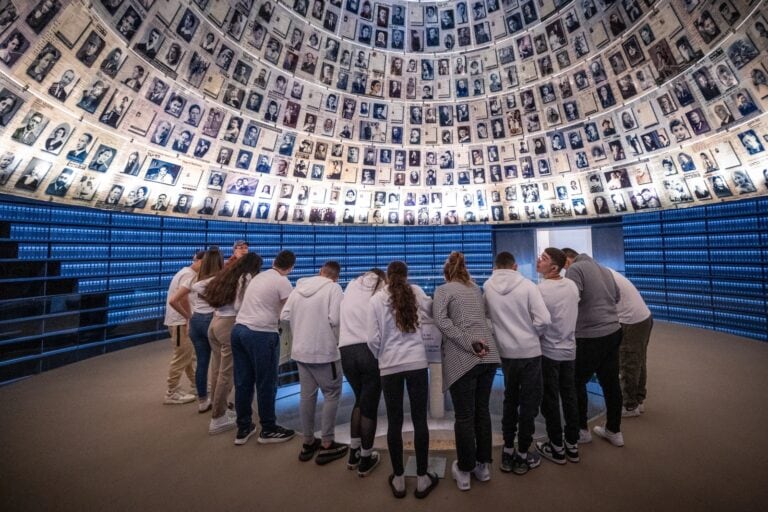
Yad Vashem’s Jerusalem campus consists of a museum, a vast archive, a research center, educational facilities and exhibits depicting the history of the Holocaust, including personal testimonies, artifacts, photographs and multimedia presentations.
The 45-acre campus also includes the Hall of Remembrance, Hall of Names, Children’s Memorial, the Avenue of the Righteous Among the Nations, and memorials dedicated to specific groups targeted by the Nazis.
“The rise, the uptick — the explosion, if you want to say — of antisemitism globally is unprecedented since the days of the Holocaust,” says Simmy Allen, head of Yad Vashem’s international media department.
“It goes without saying that unchecked antisemitism and unbridled hatred led to the worst atrocities committed by humanity,” he tells ISRAEL21c.
“As such, intertwined in our DNA is a dedication to educational efforts that help people grasp and understand antisemitism, its origins and manifestations throughout the generations that led to the atrocities of the Holocaust.”
Time for decisive action
Since 2017, the museum has developed lesson plans on antisemitism, and works with the Anti-Defamation League and the USC Shoah Foundation to offer training and resources to a wide range of formal and non-formal education providers throughout the United States and parts of Canada.
Yad Vashem also has been interacting with Holocaust museums worldwide to discuss the impact of the ongoing situation.
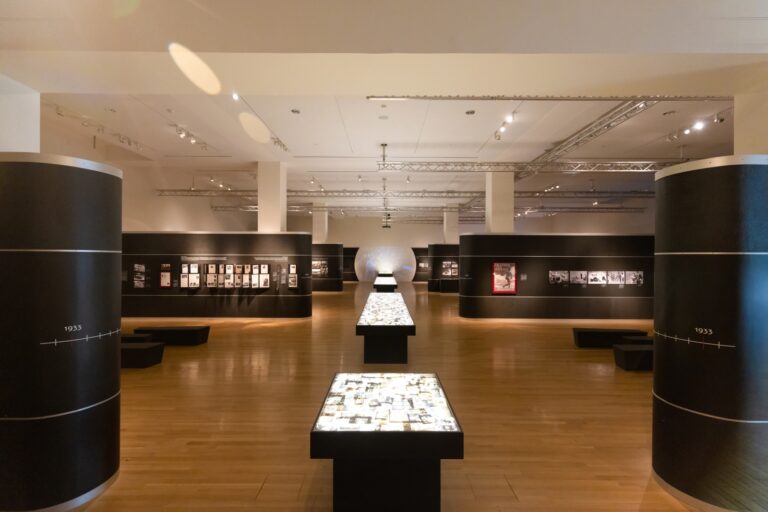
In the wake of the October 7 massacre, Yad Vashem Chairman Dani Dayan visited several US colleges, meeting with administrators and Jewish student associations to voice his concerns about the state of antisemitism on campuses.
He spoke with students about their experiences and offered Yad Vashem as a resource for educating people about the dangers of antisemitism, bigotry and hatred.
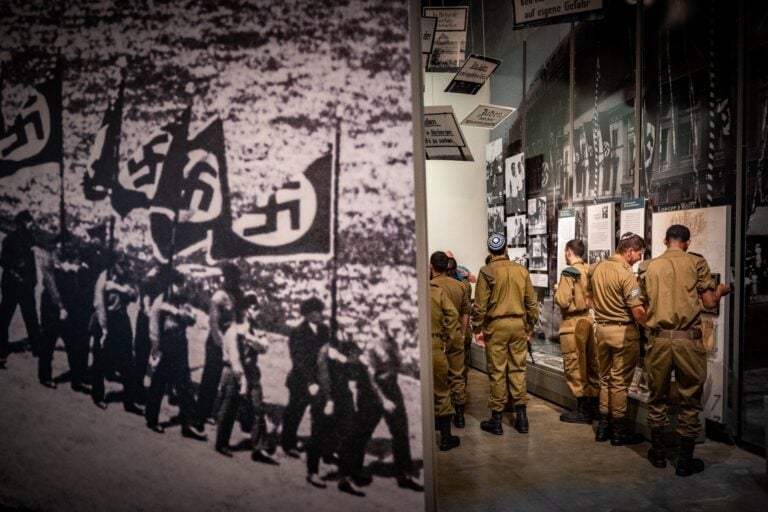
In a letter to Columbia University President Minouche Shafik, Dayan drew parallels to historical instances of academic complicity with prejudice and emphasized the imperative for decisive and ethical action.
“There is a naïve belief that [academia] is immune to bigotry and the causes that students and professors lead are inherently ‘good causes,’ even if sometimes ahead of their time. Nothing is further from the truth,” Dayan wrote.
Surge in interest
Yad Vashem’s International Institute for Holocaust Research and International School for Holocaust Studies – the only school of its kind in the world – attract many thousands of researchers, teachers and students every year in person and in online courses and educational activities.
While Yad Vashem normally receives several hundred thousand visitors each year, including tourists, students, scholars and dignitaries from around the world, Allen acknowledged that this year’s circumstances have affected Yad Vashem’s physical visitor traffic.
However, he sees a notable increase in digital platform engagement globally. People anywhere can access the institution’s online courses, information, videos, images and exhibitions, some available in ready-to-print format.
This surge in interest underscores the enduring relevance of Yad Vashem’s message, transcending physical boundaries to reach a broader audience.
In addition, Allen has noted a “tremendous” presence of local Israeli tourists, students and soldiers visiting the site, showcasing a continued interest in Yad Vashem’s mission at home.
Humanizing victims
Yad Vashem’s core mission goes beyond merely recounting historical events. Allen stresses the importance of humanizing the victims and restoring their identities, aspirations and life stories.
“The museum’s number one mission is to restore the identities, not as victims, but as human beings,” he states.
Looking ahead, Allen seeks to leverage technology, including AI, to enhance Yad Vashem’s educational and research efforts.
The museum’s Central Database of Shoah Victims’ Names includes more than 4,800,000 names of Holocaust victims. Allen emphasizes the ongoing quest to uncover more names of victims and provide a comprehensive understanding of the Holocaust’s impact, thereby educating more of the world about the atrocities that took place — and could happen again in an atmosphere of heightened antisemitism.
“Antisemitism is not something that is the responsibility of the Jewish people to fight,” he says. “It’s the responsibility of world leadership — and humanity as a whole.”




